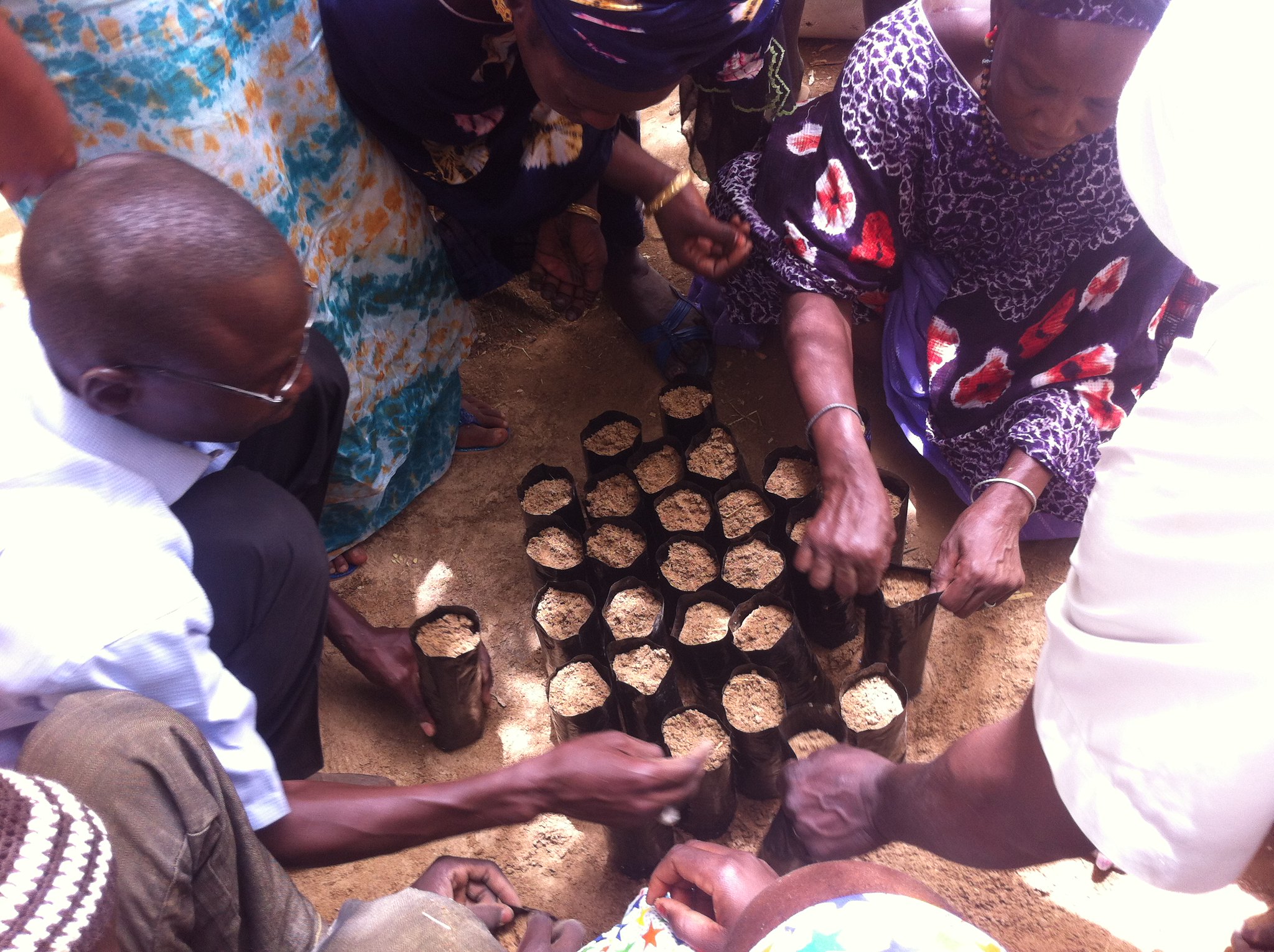Project Drawdown: We must prioritize activities that address both poverty and climate
By Yusuf Jameel | May 16, 2022
The record-breaking heat wave in India and Pakistan is the harbinger of the new climate normal. It confirms what scientists have been saying all along: The effects of climate change on food and water security, public health, children, and the economically disadvantaged are severe and disproportionate. The current heat wave has devastated crops, including wheat, vegetables and fruits. The number of heat-related illnesses is soaring. And the people most impacted are those living in poverty — unfortunately, the ones who are least responsible for climate change. The heat not only brings miseries due to heat-trapping asbestos roofs — pervasive in developing countries — and the urban heat island effect; it also directly harms livelihoods. Daily wage workers struggle to work (or find work) in such conditions, and smallholder farmers risk losing their crops and falling back into poverty.
Unfortunately, this is increasingly the reality for the more than 700 million people — about 10% of the global population — living in extreme poverty in low- and middle-income countries. Growing vulnerability to droughts, floods and forest fires, and worsening food and water security brought on by a changing climate, are propelling those experiencing extreme poverty to the front lines of the climate crisis.
As the world prepares to invest trillions of dollars in quelling climate change, we must focus on a just transition by ensuring that climate solutions also uplift those who are most impacted. The question should not be, “Should we focus on climate change or poverty?” This need not—and should not—be an either/or choice. Instead, we must prioritize activities that address BOTH poverty and climate at the same time and focus on solutions that can provide the biggest benefits to both.
How? A new intensive review has distilled from more than 400 scientific papers and reports a comprehensive, actionable set of technologies and practices that can mitigate climate change and contribute to alleviating extreme poverty at the same time. Like the overlap between two circles in a Venn diagram, it identifies 28 readily available, financially viable and scientifically proven strategies for mitigating greenhouse gas emissions that can also provide tangible benefits in the form of enhanced prosperity and equity for the people experiencing poverty in low- and middle-income countries.
In South Asia, climate solutions such as regenerative annual cropping, agroforestry, fostering equality, tree intercropping, providing clean energy and adopting clean cooking not only reduce greenhouse gas emissions but also boost livelihoods, health, food and water security, education and access to electricity for millions of people. For instance, regenerative annual cropping and tree intercropping can minimize the damages for farmers from high temperature and droughts. Similarly, access to clean energy can improve the well-being of those experiencing poverty in urban and rural areas—many of which face long hours without electricity due to increased demand as observed during the recent heat wave in India and Pakistan.

Agroforestry course, Senegal. Image: CIFAL Scotland.
If we prioritize these “win-win” solutions, we can make progress on mitigating climate and alleviating poverty change at the same time. We can boost income, jobs, food security and gender equality in rural communities in emerging economies while simultaneously reducing their vulnerability—and the vulnerability of the rest of the world—to climate change.
The initial costs of implementing climate solutions are high, yet the costs of inaction are far higher. The same is true for alleviating poverty. Funding climate mitigation solutions that also mitigate extreme poverty provides an opportunity to invest precious and limited financial resources where they truly will matter most.
We can and must veer from what António Guterres, Secretary-General of the UN, calls “a fast track to climate disaster” by aligning strategies, providing complementary funding and harmonizing policies to simultaneously address climate change, alleviate poverty and boost human well-being. Private funders, philanthropists and multilateral donor organizations can and must work together with decision-makers and policymakers—informed by and in collaboration with women, youth, Indigenous peoples and local communities—to forge a sustainable and resilient path forward.
The latest record-breaking heat wave in India and Pakistan sounds a clarion call to address climate change before it’s too late. It joins a chorus of millions of people eager to improve their livelihoods and boost their living standards. Our leaders must open themselves to hearing and answering both at the same time. If they are willing to break down silos and collaborate across special interests to craft synergistic plans that address climate and sustainable development concomitantly, millions of people will have the brighter future that all of humanity dreams of—and deserves.
Yusuf Jameel, Ph.D., is a multidisciplinary environmental scientist with experience in water resources, public health, big data analytics, and science communication. As the Research Manager for Drawdown Lift at the nonprofit Project Drawdown, he identifies, develops, and promotes climate solutions that alleviate poverty and improve human well-being. Yusuf obtained his Ph.D. from the University of Utah and previously worked as a research scientist at the University of Florida and Massachusetts Institute of Technology (MIT). In addition, he holds an M.S./B.S. in Earth Sciences from the Indian Institute of Science Education and Research, India.


